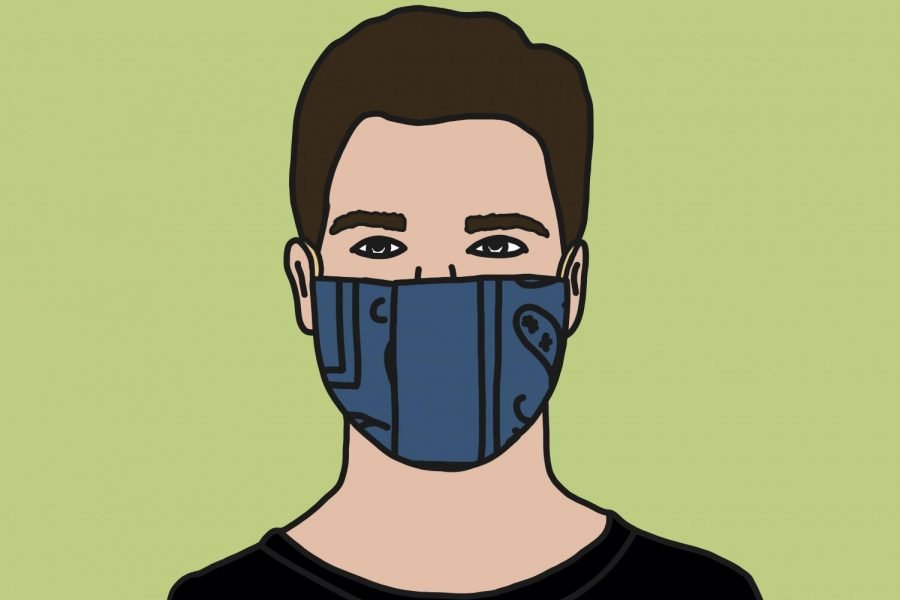First case of omicron subvariant BA.2 identified in Illinois by Northwestern Medicine
Northwestern Medicine researchers identified the first BA.2 omicron subvariant case in Illinois Monday.
February 1, 2022
Northwestern Medicine researchers identified the first BA.2 omicron subvariant case in Illinois Monday.
Scientists at the Center for Pathogen Genomics and Microbial Evolution detected the subvariant in an individual who tested positive for COVID-19 on Jan. 18. While there are only a few BA.2 cases in the U.S., it is slowly spreading across the globe.
Bioinformatics Director at CPGME Ramon Lorenzo-Redondo said the BA.2 case numbers have plateaued in other countries, and he expects a slowing of COVID-19 case decline in the U.S.
“The number of new cases could stabilize for a while before starting to decrease again,” Lorenzo-Redondo said in the news release. “It is still too soon to know because there are still very few BA.2 cases in the U.S.”
There are two omicron subvariants: BA.1 and BA.2. While BA.1 is the first strain of omicron that started spreading globally in December, BA.2 has proven to be more virulent. However, Lorenzo-Redondo said booster shots have been proven effective in combating both subvariants.
There is no indication that BA.2 causes more severe symptoms, according to CPGME Director Egon Ozer. He said a new surge in infections is still possible.
And while scientists say the rise of BA.2 is unsurprising, the transition from 100% delta variant cases at the end of November to 100% omicron variant cases at the end of December is remarkable, Associate Director of CPGME Judd Hultquist said.
Hultquist added he is unsure whether the arrival of the new variant will result in a local case surge, but the rapid transition between variants is a reminder that the global pandemic is ongoing.
“BA.2 is a specific variant of omicron that carries a number of additional mutations that are thought to make it even more transmissible,” Hultquist said. “Vaccinations, booster shots and the proper use of face masks are still the best ways to protect yourself and your loved ones from the virus.”
Email: [email protected]
Twitter: @swarthout_iris
Related Stories:
— Students concerned over the omicron variant’s impact on study abroad and travel programs
— ETHS moves to remote learning to assess impact of omicron variant


